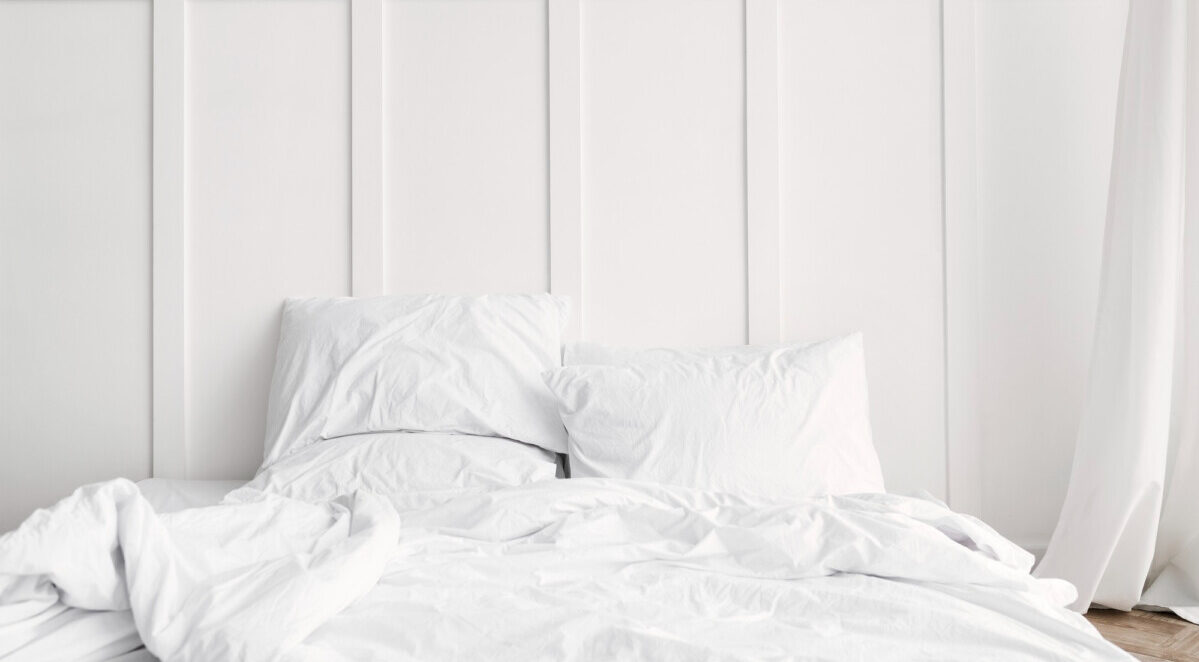Click the box above to complete the ARISE interest survey!
Sleep Diary Instructions
The sleep diary is a measurement tool to gather information on the study participant’s sleep patterns. Please refer to the instructions below for more information.
Sleep Diary FAQ
What is a Sleep Diary?
A sleep diary is designed to gather information about your daily sleep pattern.
How often and when do I fill out the sleep diary?
It is necessary for you to complete your sleep diary every day. If possible, the sleep diary should be completed within one hour of getting out of bed for the day.
What should I do if I miss a day?
If you forget to fill in the diary, please indicate that entries are a “best guess” based on your memory for the events of the day.
What if something unusual affects my sleep or how I feel in the daytime?
If your sleep or daytime functioning is affected by some unusual event (such as an illness, or an emergency) you may make brief notes in your diary.
What do the words “bed” and “day” mean on the diary?
This diary can be used for people who are awake or asleep at unusual times. In the sleep diary, the word “day” is the time when you choose or are required to be awake. The term “bed” means the place where you usually sleep.
Will answering these questions about my sleep keep me awake?
This is not usually a problem. You should not worry about giving exact times, and you should not watch the clock. Just give your best estimate.





Sleep Diary Item Instructions
Use the guide below to clarify what is being asked for each item of the sleep diary. The sleep diary can be completed online or on paper.
Morning (AM) Sleep Diary Questions
When completing the AM sleep diary, use the current date (date upon awakening).
click here for details…
Did you sleep last night?
If you did not sleep the night before, you can ignore the following sleep related questions.
What time did you get into bed?
Write the time that you got into bed. This may not be the time you began “trying” to fall asleep.
What time did you try to go asleep?
This is the time when you began “trying” to fall asleep (turning the lights off, closing
your eyes, attempting to fall asleep). This is when you should press and hold the button on the right of the watch (this is the bigger button).
How long did it take you to fall asleep?
Beginning at the time you wrote in question 2, how long did it take you to fall asleep.
After falling asleep, how many times did you wake during the night?
How many times did you wake up between the time you first fell asleep and your final awakening?
What time was your final awakening this morning?
Record the last time you woke up in the morning.
What time did you get out of bed for the day?
What time did you get out of bed with no further attempt at sleeping? This may be different from your final awakening time (e.g., you may have woken up at 6:35 a.m. but did not get out of bed to start your day until 7:20 a.m.).
Did you have any of the following during the 2 hours before trying to fall asleep?
Your answers to these questions are under the same protection as all your other data. This will only be seen by the research team, so please answer honestly.
Tobacco or Marijuana (vape, cigarettes, cigars, pipes)?
This includes all forms of tobacco and THC.
A vape or electronic cigarette?
This would be a vape of something other than tobacco or THC.
Liquid beverage (sugary beverage, water, tea, etc.)?
This includes any liquid.
Alcohol?
This includes any kind of alcoholic beverage. If you answer yes to this,
you should answer yes to 8c. as well.
Caffeine (coffee, tea, soda)?
If you answer yes to this, you should answer yes to 8c. as well.
How would you rate the quality of your sleep?
“Sleep Quality” is your sense of whether your sleep was very good to very poor.
About what temperature was the room you slept in?
This number can be objective (like what you see on your thermostat) or subjective (like your general sense of the temperature in the room).
Did you sleep with any children or pets in your bed?
This question is about co-sleeping and does not include adult friends, family members, or partners. It can help us if you describe who is in your bed. This question is not shared outside the research team.
Please describe any disruptions to your sleep or additional notes:
This is where you can tell us anything you think impacted your sleep. Was there too much light? Did your neighbor do some late-night construction? Anything you think is relevant can be written here.
Evening (PM) Sleep Diary Questions
click here for details…
Were you sick today?
Anything from a sniffle to a serious illness counts here. Any medical information shared here will not be shared outside the research team.
Did you go to work or school today?
Whatever you consider your regular activity counts. If you work or take/teach classes at home, please answer yes.
Did you sleep during the day or take a nap (on purpose or by accident)?
A nap is a time you decided to sleep in addition to your main sleep period, whether in bed or not in bed. “Dozing” is a time you may have nodded off for a few minutes, without meaning to, such as while watching TV. Count all the times you napped or dozed at any time from when you got out of bed for the first time until you got into bed again for your next main sleep.
Note any time that the watch and/or light sensor were removed yesterday.
Record any length of time that you removed the actigraphy watch and/or light sensor.

